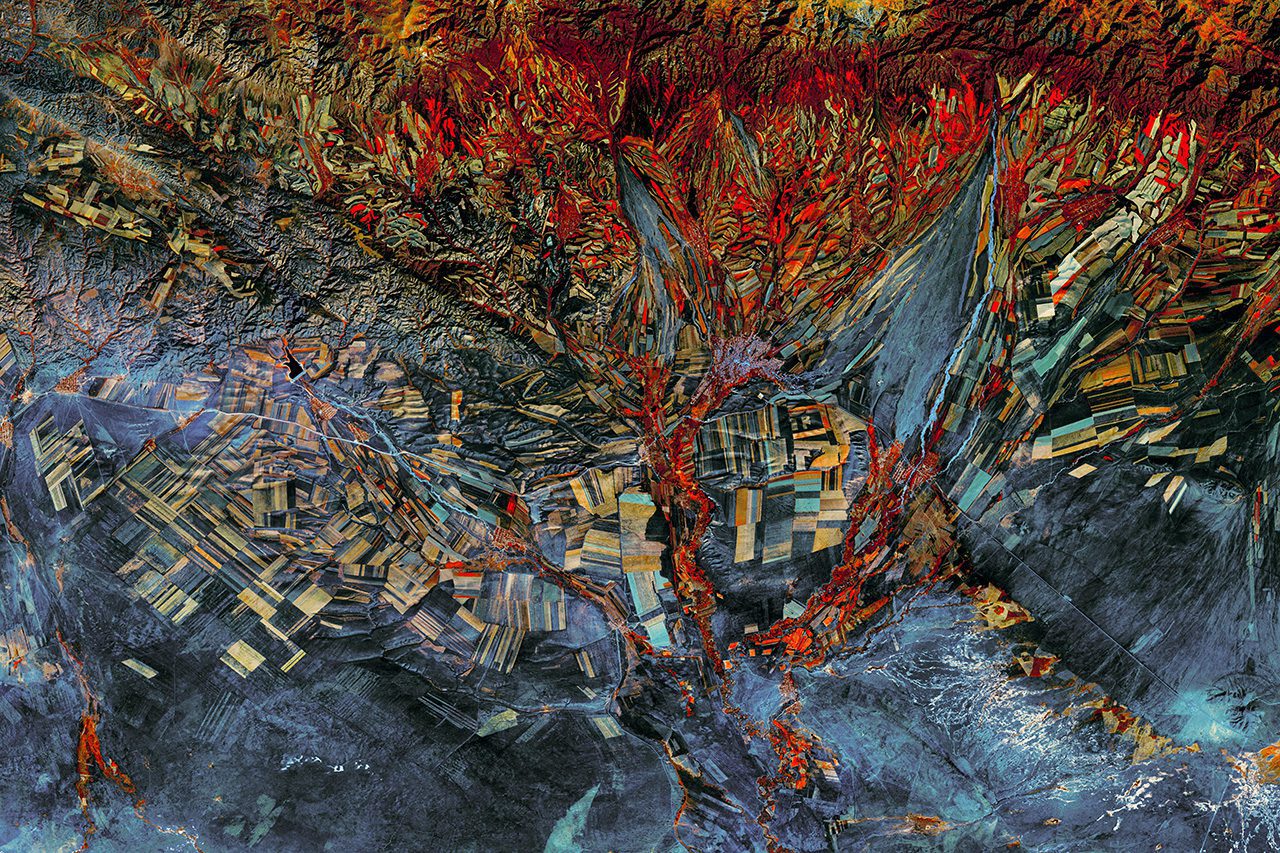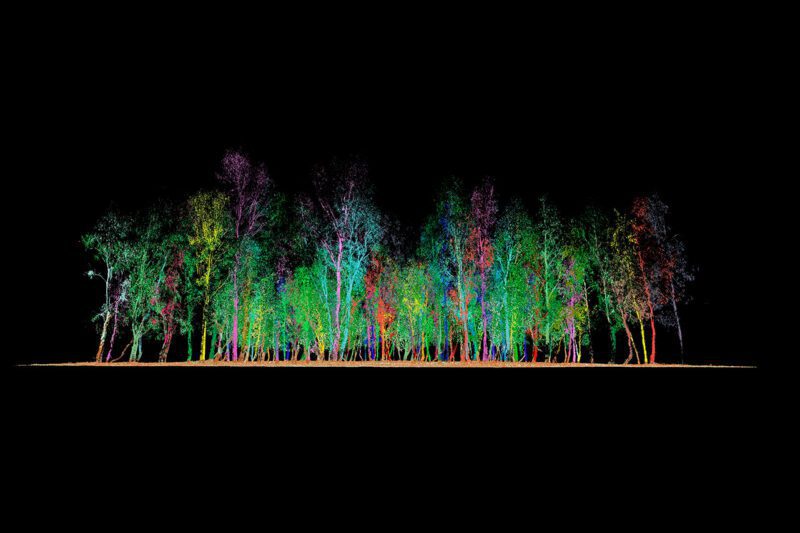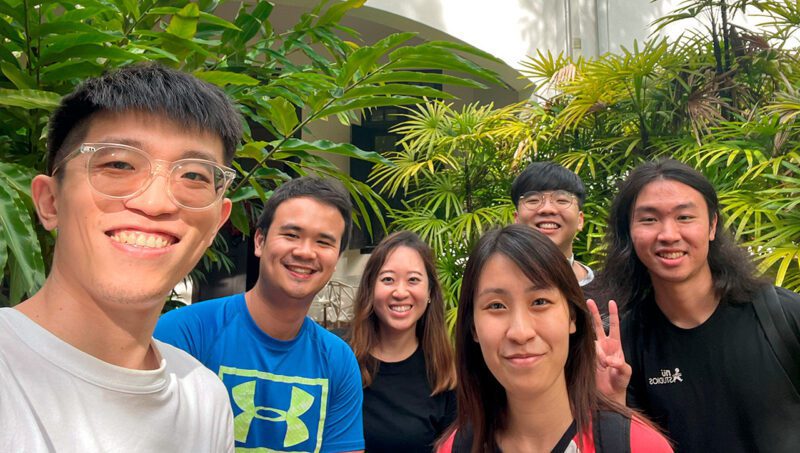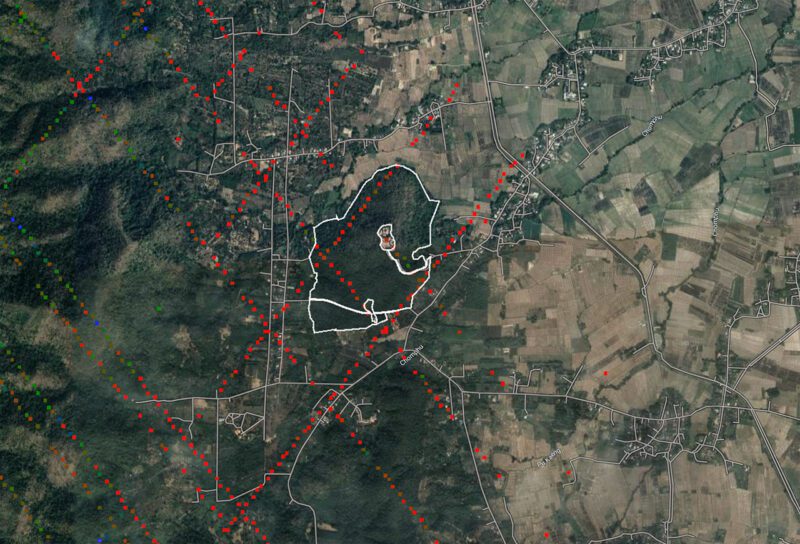DAFs: Black Box or Magic Bullet?

Although American and European enterprises frequently dominate the spotlight for their use of geospatial analytics in climate change mitigation and adaptation, Southeast Asian start-ups are emerging as significant players in this arena.
Companies ranging from agricultural and industrial sectors contending with meteorological catastrophes to major corporations aiming to counterbalance their carbon footprints are all striving for better management of climate-related business impacts. Owing to the prohibitive costs and inefficiencies of manual analysis, these entities are increasingly opting for geospatial analytics as a superior alternative. For instance, investigative work by The Guardian has revealed that in excess of 90% of rainforest offset credits evaluated by Verra — a premier carbon standards organization — may constitute “phantom credits”. In response, MSCI has reported that Verra is engaging geospatial service providers for enhanced accounting measures to address such discrepancies and evaluate deforestation risks effectively. Furthermore, the Taskforce on Nature-related Financial Disclosures (TNFD) has highlighted that the scrutiny of satellite imagery and geospatial datasets is instrumental in evaluating terrestrial ecosystems, encompassing factors like geography, ecosystem type, and relevant metrics. Such geospatial analytics, leveraging satellite imagery coupled with AI and advanced software, are pivotal in furnishing vital environmental intelligence.
Geospatial analytics, long-established across industries such as utilities, financial services, retail, agriculture, and healthcare, is becoming increasingly pivotal in addressing climate change. Although traditionally leveraged for business expansion, the sector’s growing relevance to climate strategies signifies its emerging vital role in environmental stewardship. Prominent firms in the Americas and Europe have been at the forefront, providing geospatial solutions to navigate climate-related risks and leverage opportunities. For example, in the US, Pachama harnesses AI, satellite data, and machine learning to monitor carbon project efficacy. Carbonext in Brazil employs geospatial reconnaissance to survey the vast Amazonian rainforests, aiding in deforestation prevention and carbon credit generation. Picterra, based in Switzerland, amalgamates satellite, drone, and aerial imagery with expert analysis to facilitate the transition to a low-carbon economy. Meanwhile, in France, Kayrros utilizes AI for in-depth analysis of satellite imagery, enabling regulatory bodies to track emissions, investors to benchmark operational footprints, and businesses to manage supply chain emissions more effectively.

Digital twin of trees to capture biomass for carbon estimation; Photo courtesy of Arkadiah
The sprawling rainforests of Southeast Asia and the agricultural sector’s consequential impact on the region’s economies, contributing 10 percent to regional GDP, underscore the indispensability of geospatial analytics for local climate scrutiny. Notwithstanding the established use for business practices by firms like GIS Co and Mappoint in Thailand, and Uzama Group and Bhumi Varta in Malaysia, the deployment of geospatial analytics in climate analysis is relatively nascent in the region. Nonetheless, a burgeoning cadre of start-ups has emerged to satiate the growing demand for expertise in carbon credit valuation, regulatory adherence, and adaptation to climatic uncertainties.

Nika Team; Photo courtesy of Nika
Enter Nika.eco, a trailblazer providing geospatial climate data and carbon modeling to scrutinize carbon offset opportunities, track forest carbon reserves, and execute predictive modeling. Despite the inherent complexities in crafting scalable machine learning models, Nika.eco pioneers in developing an accessible geospatial infrastructure that facilitates cooperative model construction. Johan Wah, the CEO, shared with Impact Entrepreneur, “There’s a pressing need to channel private investment toward reforestation and conservation, and carbon markets are instrumental in this regard. Our mission is to provide reliable carbon credit predictions that bolster investment confidence. Our offerings cater to carbon project financiers and developers for revenue and risk foresight, carbon project registries for model licensing, and our strategic partners for research and development leveraging our geospatial infrastructure.”
Keystone also distinguishes itself with a repertoire that amalgamates satellite imagery, cadastral data, geological analyses, and biodiversity datasets to dissect ecosystem attrition and agricultural vulnerabilities, including water scarcity. Its services are tailored to help clients safeguard their assets from climate-induced perils by proactively modeling threats like extreme weather phenomena. This intelligence empowers stakeholders to manage risks related to water scarcity, land dynamics, contamination, and biodiversity implications proactively within their operations and extended supply chains.

A sample plot that to analyze on the Arkadiah platform; Photo courtesy of Arkadiah
Arkadiah is at the vanguard of redefining natural landscapes as viable investment vehicles by facilitating carbon sequestration and biodiversity conservation credits, fostering sustainable community development, and assessing investment returns. Harnessing satellite imagery, LiDAR technology, and artificial intelligence, Arkadiah brings to bear extensive historical imaging archives and laser-based data, enabling clients to monitor forest coverage and carbon stockpiles precisely, verify carbon credit potentials, tally arboreal inventories, and enjoy the advantages of consistent ecological oversight. Arkadiah’s ingenuity extends to utilizing geospatial tech and AI to generate a digital twin of project environments. Co-founder Reuben Lai elucidates, “We’re adamant that nature-oriented strategies are pivotal to mitigating climate change and restoring biodiversity, particularly in Southeast Asia where such initiatives are scarce due to funding constraints, traditional methodologies, and regulatory barriers. Our ambition is to mobilize the necessary financing to amplify land restoration efforts to a degree that can genuinely rehabilitate our local ecosystems. We serve a diverse clientele, including land restoration developers, corporate entities, and investment funds eager to augment their natural asset portfolios.” In a telling instance, Arkadiah amplified the value of an Australian project’s carbon stock tenfold from its initial underreported estimates, a testament to the company’s precision and impact.
These Southeast Asian start-ups are cementing their presence at home and also leveraging their regional expertise as a springboard to international markets. Keystone’s collaboration with Corteva Agriscience in the United States and Nika.eco’s partnership with Vida Carbon in Canada illustrate their global reach. Similarly, Arkadiah has garnered investment from Money Forward, highlighting the potential for these innovative firms to bolster investor engagement throughout Asia. While these ventures have substantial opportunities within Southeast Asia, given the region’s critical climate challenges, their impact is poised to resonate far beyond, as they extend their services to address climate action globally.
Related Content
Comments
Deep Dives
RECENT
Editor's Picks
Webinars

Impact Encounters
May 22 - 6:30 PM EST

Featuring
Courtney Birnbaum
Director of Sustainability, Corbin Capital
May 30 - 12:00 PM EST
News & Events
Subscribe to our newsletter to receive updates about new Magazine content and upcoming webinars, deep dives, and events.
Become a Premium Member to access the full library of webinars and deep dives, exclusive membership portal, member directory, message board, and curated live chats.
0 Comments